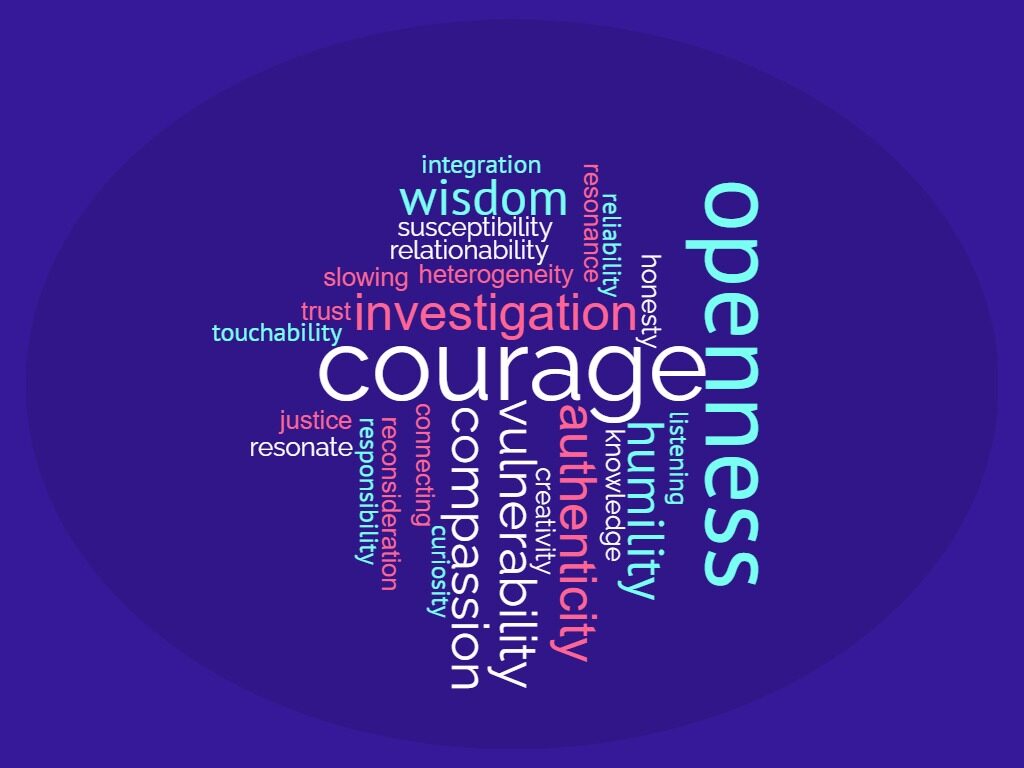A group of 38 Dutch executive and non-executive directors spent nearly two years working together on sustainability in the boardroom. In the program, they identified good practices, virtues, and capabilities required for effective leadership in societal transitions. The outcomes of this program – aptly called “Discomfort in the boardroom” – were presented at an event and in a report (in Dutch). After attending the event and reading the report, here are my key takeaways – in English.
Discomfort and courage essential for change
Corporate directors recognize their organization’s crucial role in driving societal transitions. But in this fast-paced world, they often default to the familiar and compliance, rather than reflection and acting on the discomfort caused by such reflections. It requires courage to create room for a different kind of conversation about the future. A conversation that will be uncomfortable in itself, as boards generally are geared towards swiftly making decisions based on current knowledge and experience. Yet these new conversations will not have immediate closure. They will require time, reflection, and perhaps even new language. And while directors are usually well-versed in legal and financial terminology, the lack of language for moral topics may keep these conversations at bay.
Good practices to overcome discomfort
Through working sessions with board members and academics, the program identified seven good practices for professional conduct. These practices help to better connect the director role and the person in that role, enabling more proactive and constructive discussions in the boardroom.
- Use discomfort as the starting point to accelerate transition. Fostering the creation of sustainable and shared value is the core responsibility of boards. The discomfort and disruption arising from this role do not justify shying away from it.
- Listen and ask different questions to integrate ethical and moral topics. Societal transitions are complex and therefore require different conversations. This calls for diversity and space for dissent and discussion in the boardroom.
- Break with restrictive routines and investigate what is hampering an effective approach to complexity and transitions. Putting this reflection on the board agenda is vital in creating space for new knowledge and experiences.
- Act with ethical reflection to avoid moral stupidity. Utilitarian and compliance thinking are ill-suited to reflect on companies’ place in society and the (natural) environment. Boards need to take responsibility and create time for a deeper level of ethical reflection.
- Deepen your authenticity and be visible. Incorporating the perspectives and interests of different stakeholders requires awareness of the intrinsic connection between oneself, the organization, the industry, and society.
- Dare to be moved. In this world of acceleration, growth, and rational-instrumental thinking, it takes courage to resonate with others. Resonance has a transformative effect, generating a deeper connection with ourselves, others, and the (natural) environment.
- Collaborate for new connections. To drive change, directors can deepen the quality of their relationships as well as widen the playing field on which they connect. Building stronger relationships within and outside the board requires time and space.
Virtues and capabilities for positive change
A special board meeting once a year, at an unusual location, could be a great way to kickstart these good practices. But more is needed to drive change. The visual below shares the virtues and capabilities to embrace throughout the year, as identified by the program participants. Virtues and capabilities to embrace at the individual level, at the board level – and when recruiting new board members as well.
This blog was written by Marjolein Baghuis and it was also posted on LinkedIn. To find out more about the “Discomfort in the boardroom” program, check out the website (in Dutch). If you’d like some help with applying these good practices, get in touch with Marjolein. To read about interesting people, book reviews, and other posts about sustainability, leadership, and behavior change please subscribe to this blog in the right-hand column.


